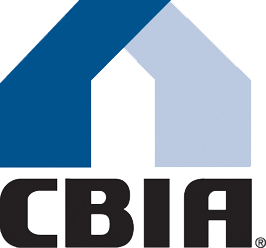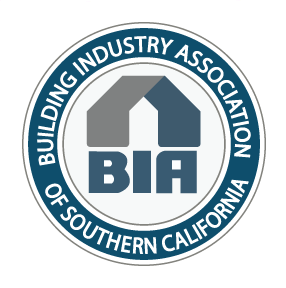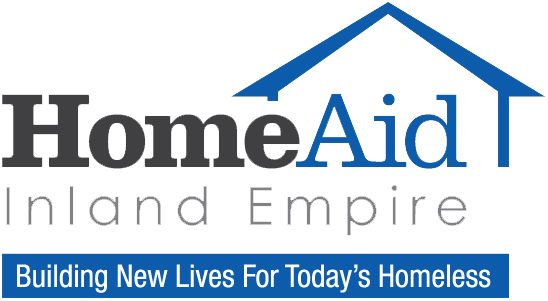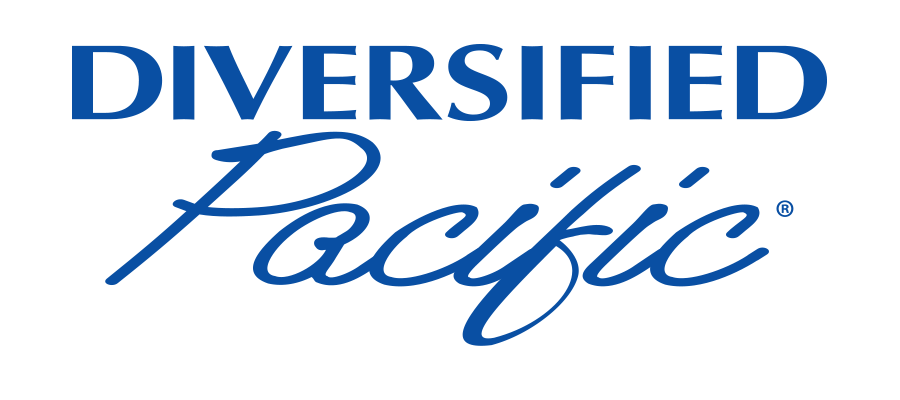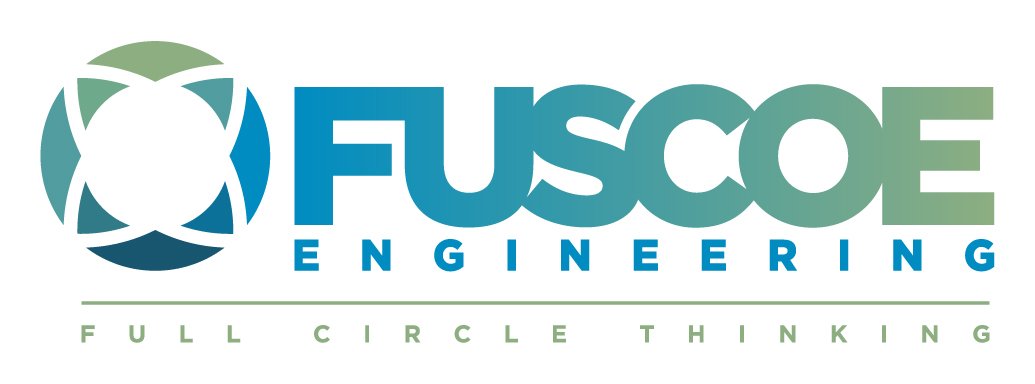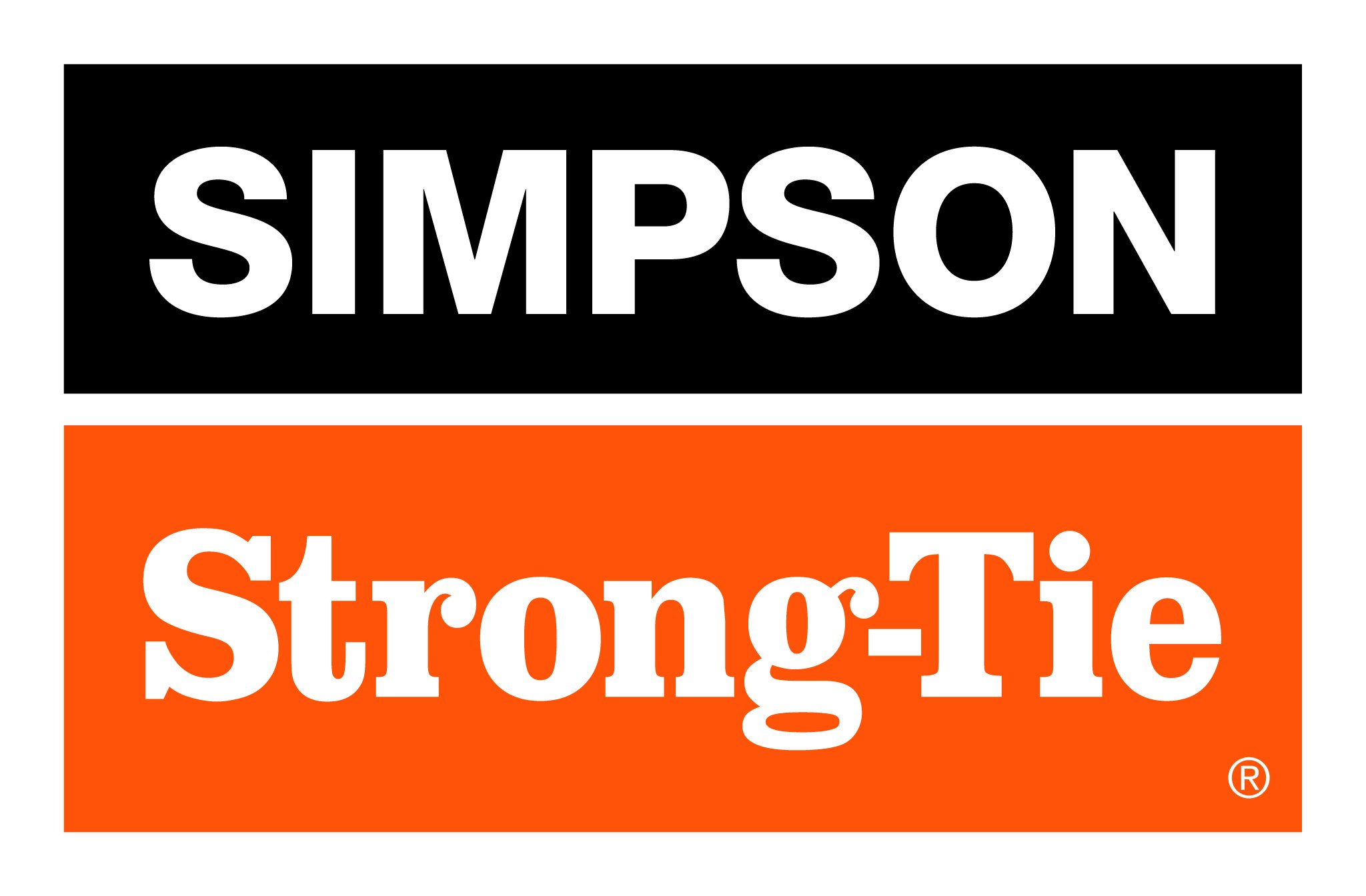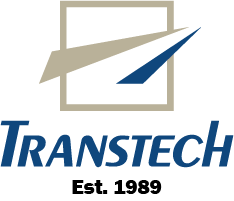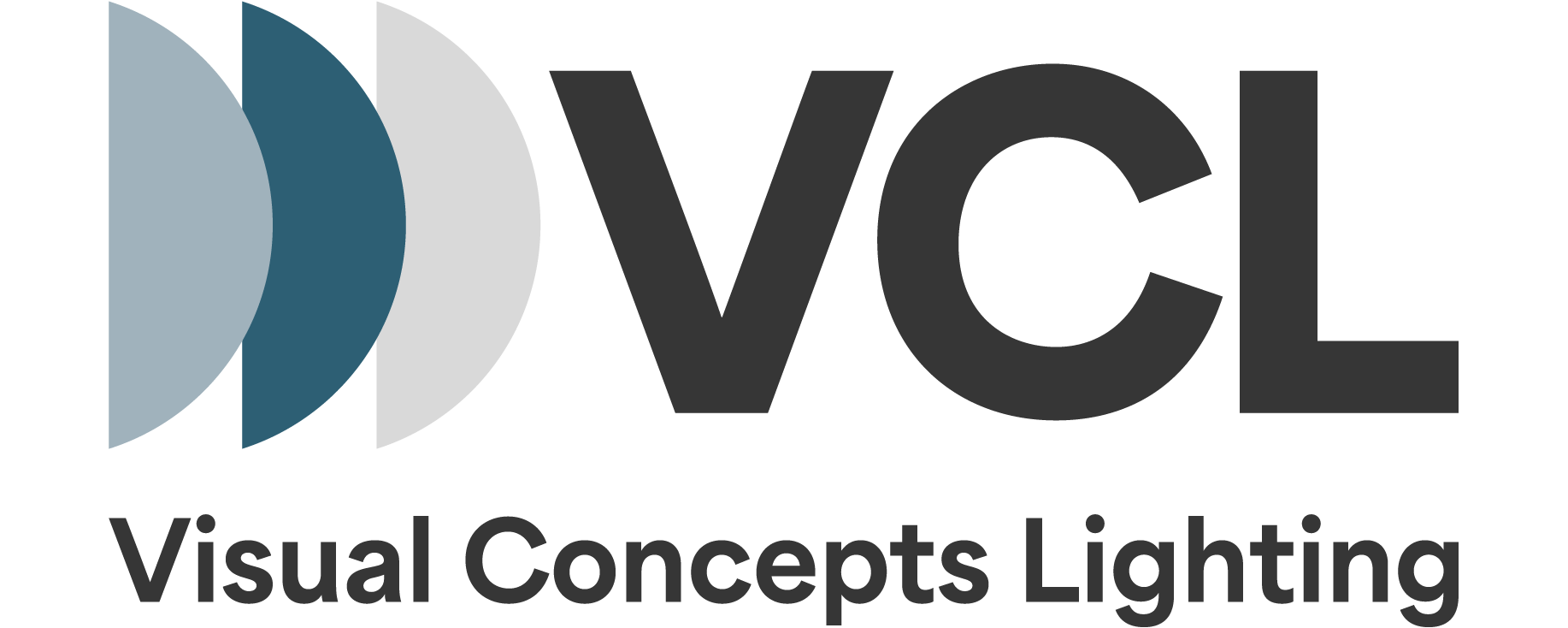Image from Turner & Dewaele
by Phillip B. Burum, Executive Vice President, Diversified Pacific,
President, Building Industry Association (BIA) Baldy View Chapter
The National Association of Home Builders (NAHB) regularly polls prospective homebuyers on their wants and needs. Two items that always rank high on the list are: protecting the environment and saving on energy costs. These boxes are easy to check in a survey but they are not often the first choices homebuyers make when writing checks. Solar energy, for example, is something nearly every new homebuyer reports as a priority, but when it comes down to choosing between an elegant granite counter in their kitchen and a solar system, many turn towards the elegance.
The important ‘take away’ from the surveys and practices of new homebuyers noted above, however, is that we want to do the environmentally responsible thing, but the choice needs to fit within our individual budget. That is great news because one of the simplest and best things a homeowner can do for the environment, whether buying a new home or a resale home, is installing energy efficient appliances and look for Energy Star rated features.
According to the most recent NAHB poll presented during the February, 2018 International Builders’ Show in Orlando, FL., in which first- and second-homebuyers were asked to list which features were essential in their next home, a majority of second-time homebuyers listed Energy Star appliances as essential. Experienced homeowners know the value of Energy Star appliances and often prize them as highly as features such as two-car garages and living rooms.
Energy Star is a joint program of the U.S. Environmental Protection Agency (EPA) and the U.S. Department of Energy (DOE) designed to reduce consumer energy costs and protect the environment through energy - efficient products and practices.
Whether purchasing a state-of-the-art new home or remodeling to make a home more competitive on the real estate market, Energy Star appliances should be a priority for you. Household products that have earned the Energy Star rating meet strict energy efficiency guidelines set by the EPA and DOE. Meeting these guidelines will save homeowners substantial operating costs while reducing their ‘carbon footprint’ and keeping their homes as comfortable as ever. According to the program’s website www.energystar.gov, American businesses and consumers have saved billions of dollars on their utility bills and reduced greenhouse gas emissions equivalent to those from millions of cars by following Energy Star the program.
For new homebuyers, Energy Star-qualified homes are those that meet EPA energy efficiency guidelines and are 15 to 30 percent more energy efficient that a typical home. Energy Star-qualified homes can include a variety of energy - efficient or ‘green’ features that also contribute to improved home quality and homeowner comfort. For example, insulation in floors, walls, and attics ensures even temperatures throughout the house, reduced energy use and increased comfort. High performance windows employ advanced technologies to keep homes warm in the winter and cool in the summer.
Homeowners who are remodeling existing homes to make them more-energy efficient and environmentally-friendly, should consider replacing older fixtures and appliances with Energy Star products and appliances such as lighting fixtures, compact fluorescent or LED bulbs, ventilation fans, refrigerators, dishwashers and washing machines.
Not only will choosing Energy Star products and appliances help save money on utility bills, the program offers several incentives for homeowners upgrading with Energy Star products or homebuyers purchasing an Energy Star- rated home. The Energy Star program offers consumers lower borrowing costs financing the purchase of an Energy Star - rated home through its mortgage program and there are state and local incentives available at the Database of State Incentives for Renewables & Efficiency (DSIRE) at its http://dsireusa.org website. Funded by the DOE, DSIRE is a comprehensive source of information on state, local, utility and federal incentives and policies that promote renewable energy and energy efficiency.
Whether considering a new home or just hoping to make your existing home more energy efficient, Energy Star rated features are an affordable way to reduce your monthly expenses and your carbon footprint.
The BIA Baldy View Chapter seeks to advance the opportunity to attain the American Dream of home ownership. For additional information on homebuying, home improvements or the benefits of homeownership, go to www.biabuild.com on the web.



